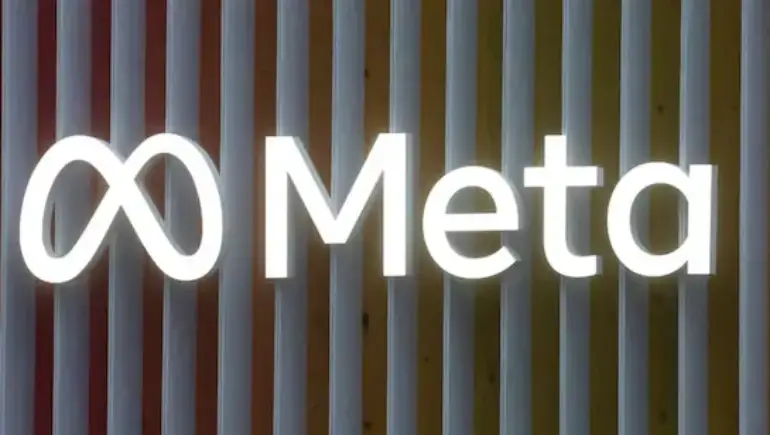
Brussels, July 26, 2025 — In a significant development impacting the European digital advertising landscape, Meta has announced that it will ban political advertisements across the European Union (EU) starting October 2025. The decision comes ahead of several key elections in the region and is expected to reshape how political parties and advocacy groups engage with voters online.
Meta, the parent company of Facebook and Instagram, stated that the move is aimed at ensuring transparency and compliance with the EU’s complex and evolving regulations on political content. The ban on political ads in the EU will apply across Meta's platforms, including Facebook, Instagram, and Messenger.
A Meta spokesperson noted, “Given the significant regulatory uncertainty in the EU, and the importance of maintaining user trust, we are taking a precautionary step by pausing political and social issue ads during this sensitive period.”
The Meta political ad ban in Europe will target paid content related to:
Organic (non-paid) political content will still be allowed, meaning politicians, parties, and advocacy groups can post freely — but without the ability to promote or boost those posts through paid advertising.
The ban is expected to affect digital campaign strategies for the upcoming European Parliament elections and other national and regional contests. Digital advertising has been a powerful tool for political engagement, especially among younger voters who are more active online. Analysts suggest that campaigns may now rely more heavily on influencers, email marketing, and offline outreach.
Digital rights groups have responded with mixed opinions. While some have praised the decision for promoting electoral integrity, others argue that it may disproportionately hinder smaller political entities that rely on affordable online advertising to reach new audiences.
This move follows the implementation of the EU Digital Services Act (DSA) and the EU’s new political advertising transparency rules, which require platforms to disclose detailed information about political ad sponsors, targeting criteria, and budgets. Meta has expressed concerns about the complexity and potential liability under these rules, which differ significantly between EU member states.
While Meta's decision is intended as a temporary measure, it could set a precedent for how major tech platforms handle political content in regulated environments. Other social media giants such as Google and TikTok are also facing pressure to adapt to the EU’s tough stance on digital transparency and misinformation.
As the October 2025 political ad ban on Facebook and Instagram approaches, political actors across the EU are now rethinking how to connect with voters without the power of Meta's advertising reach.












Comments
There are no comments for this Article.